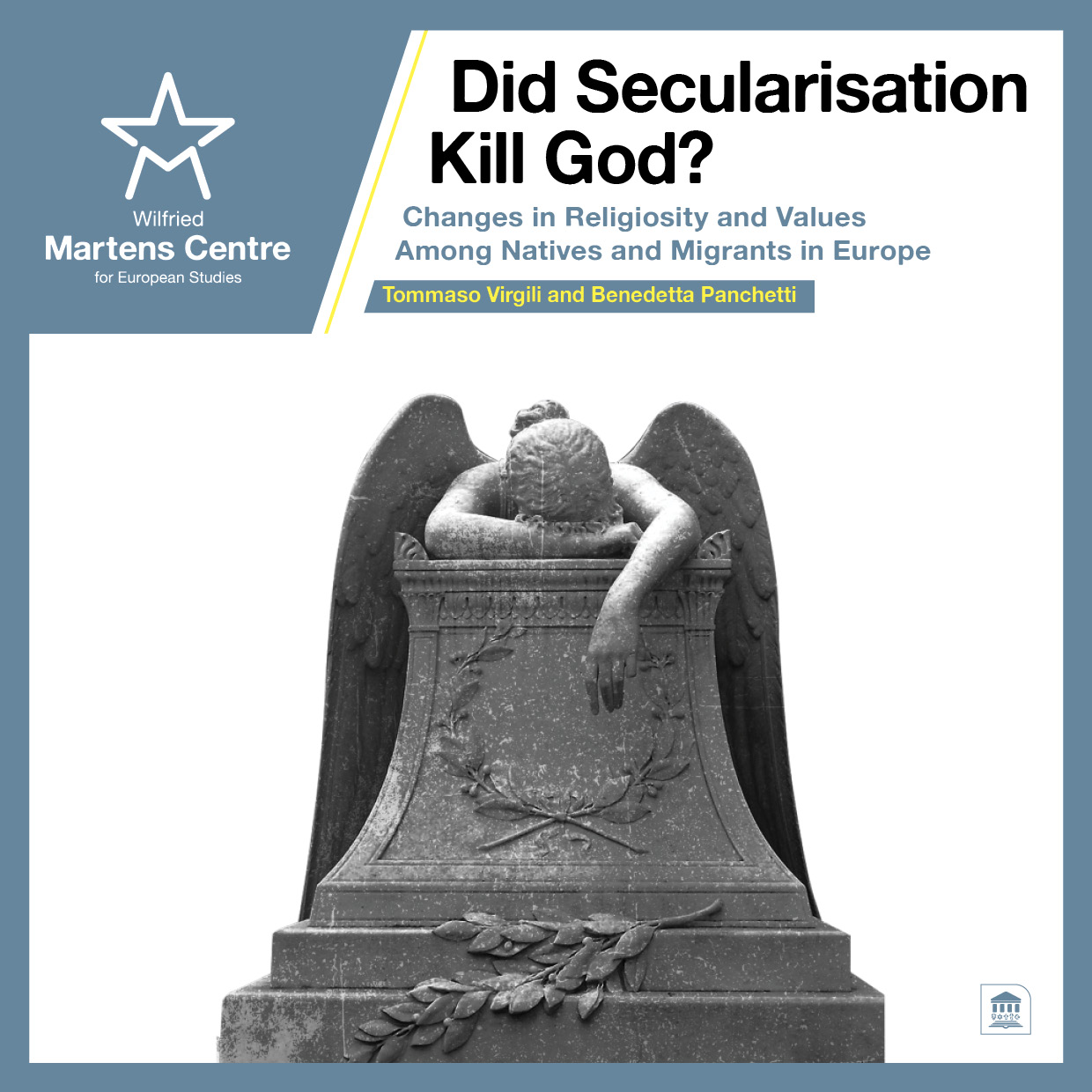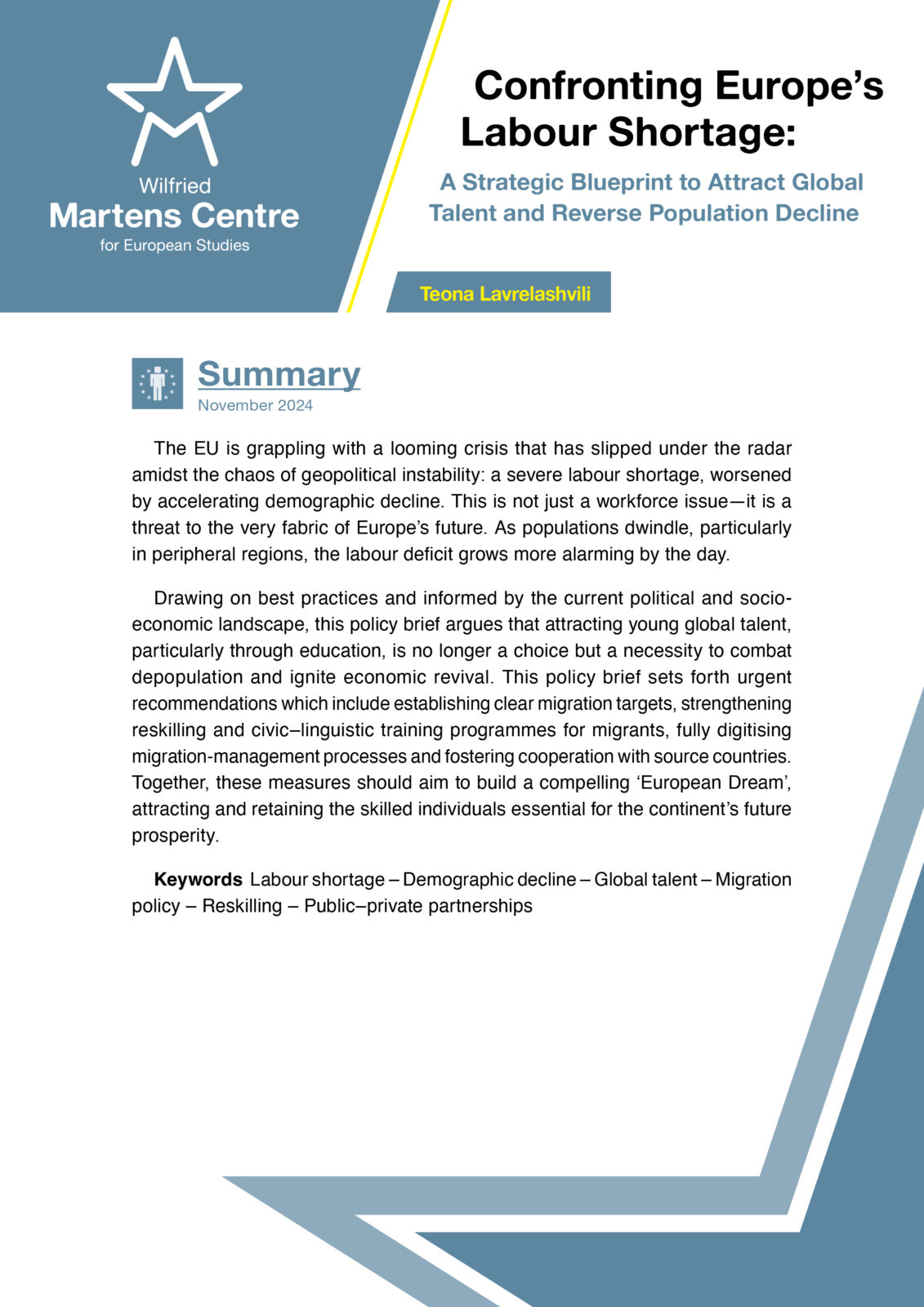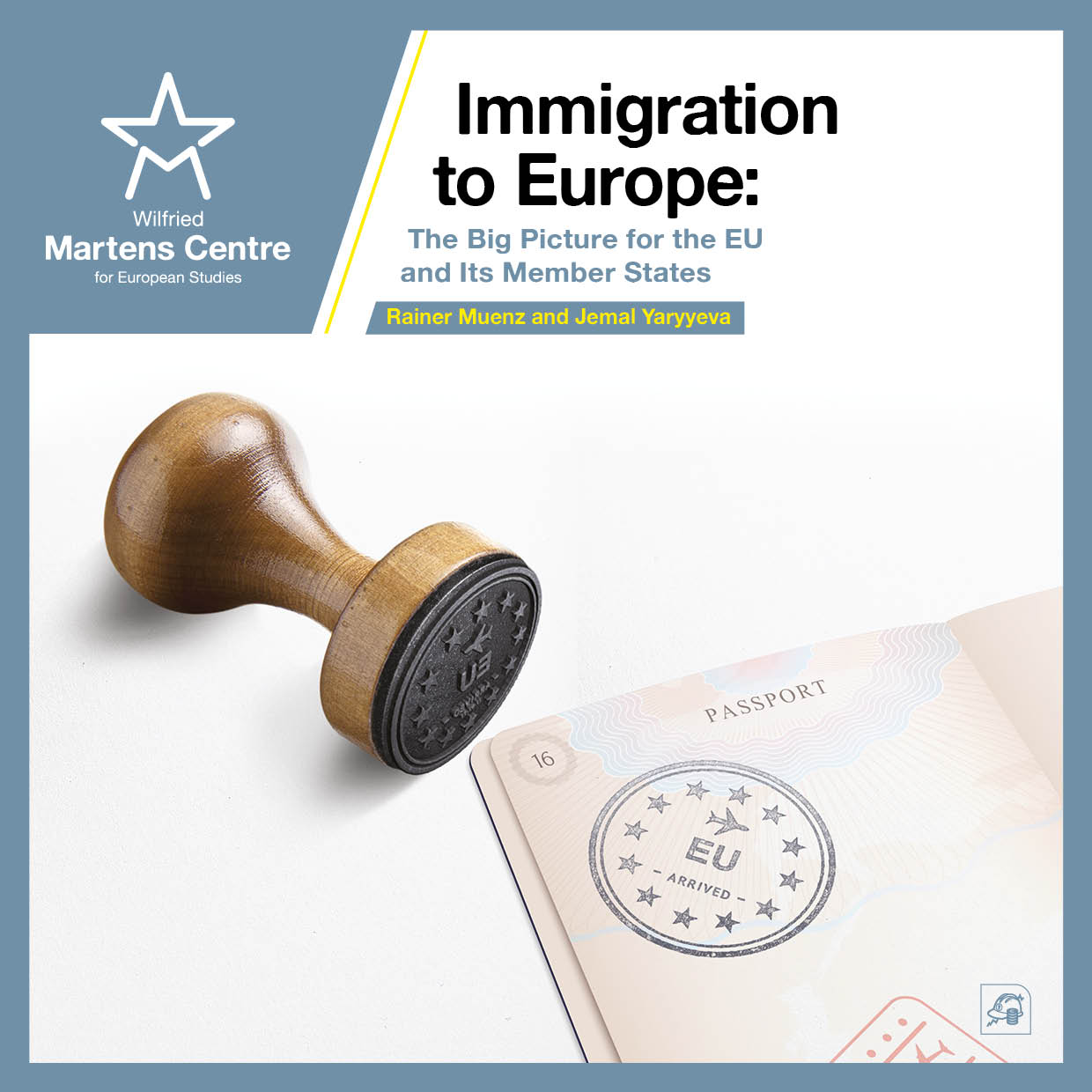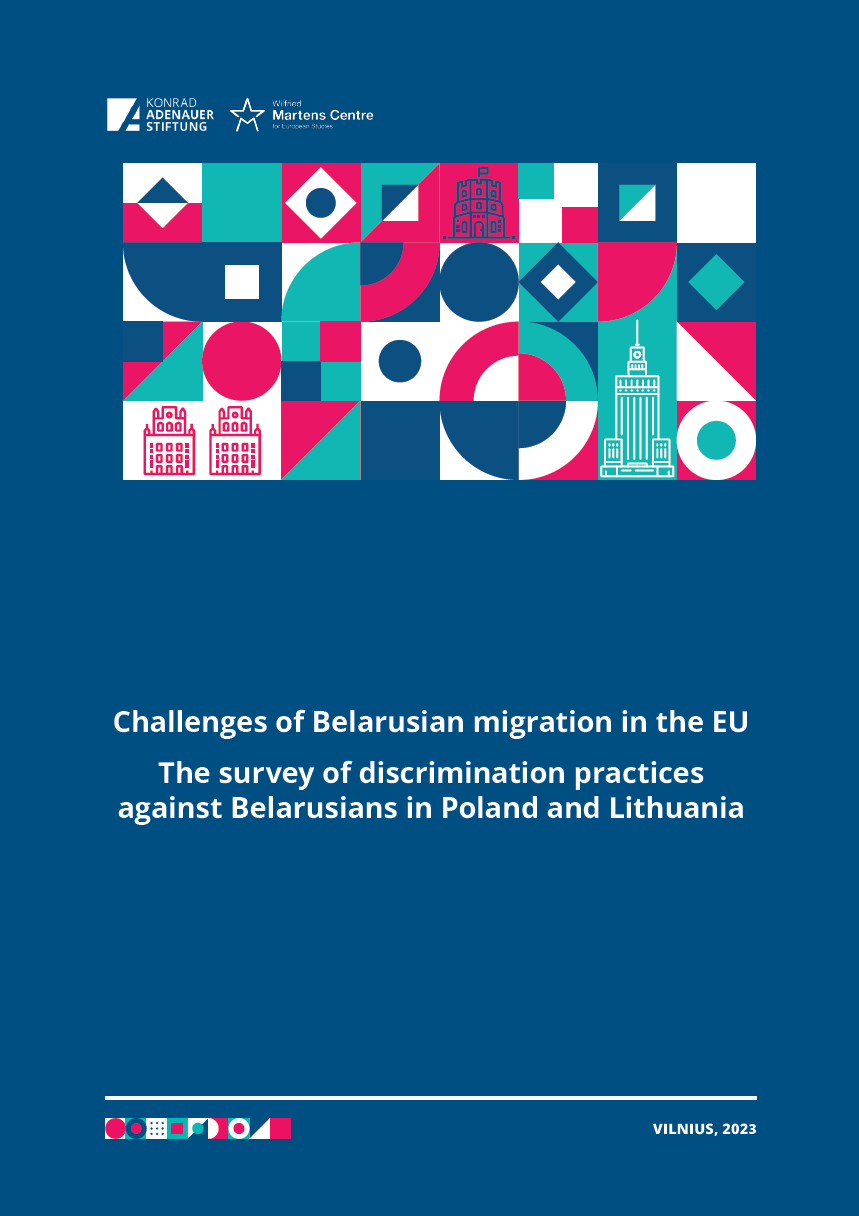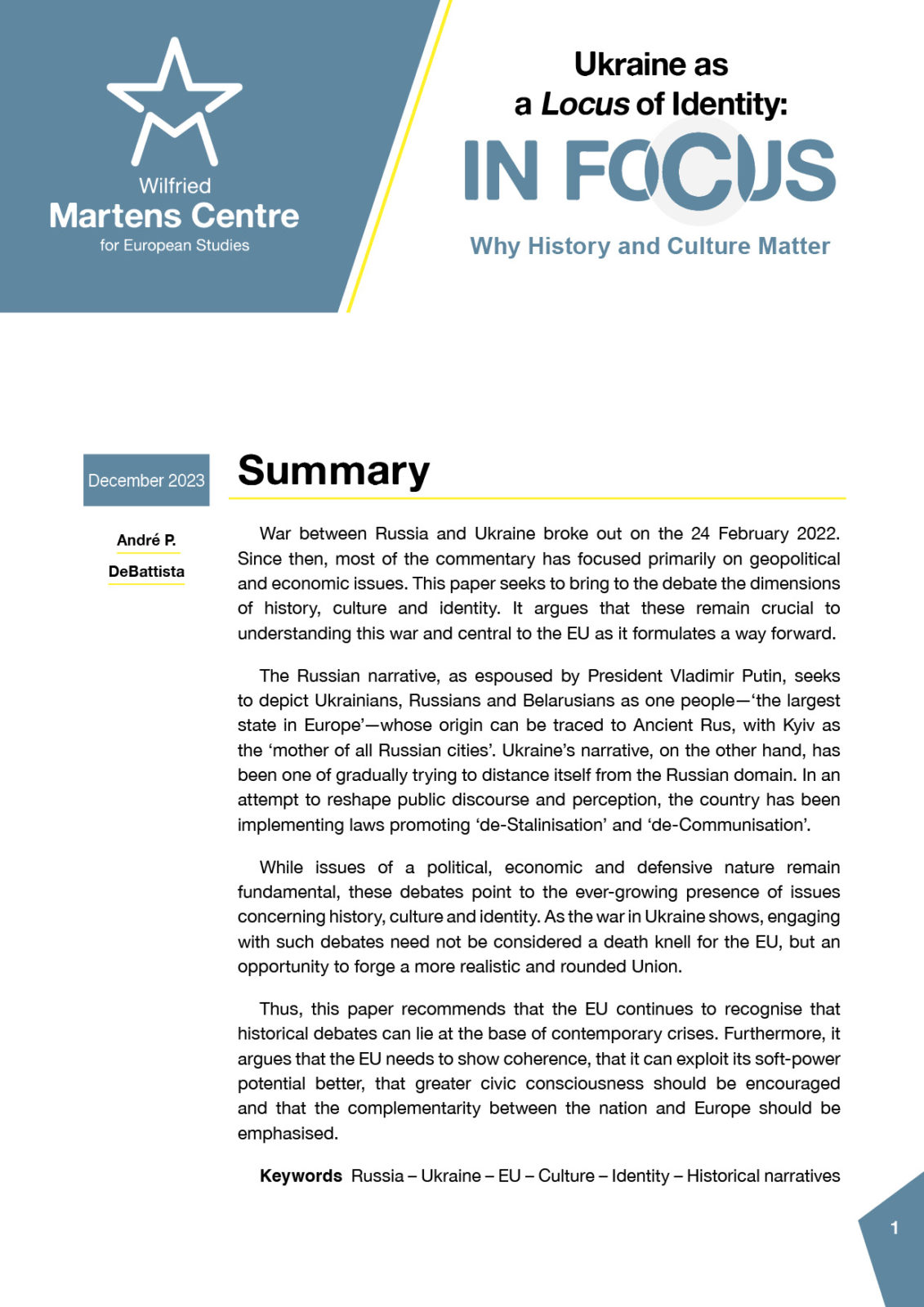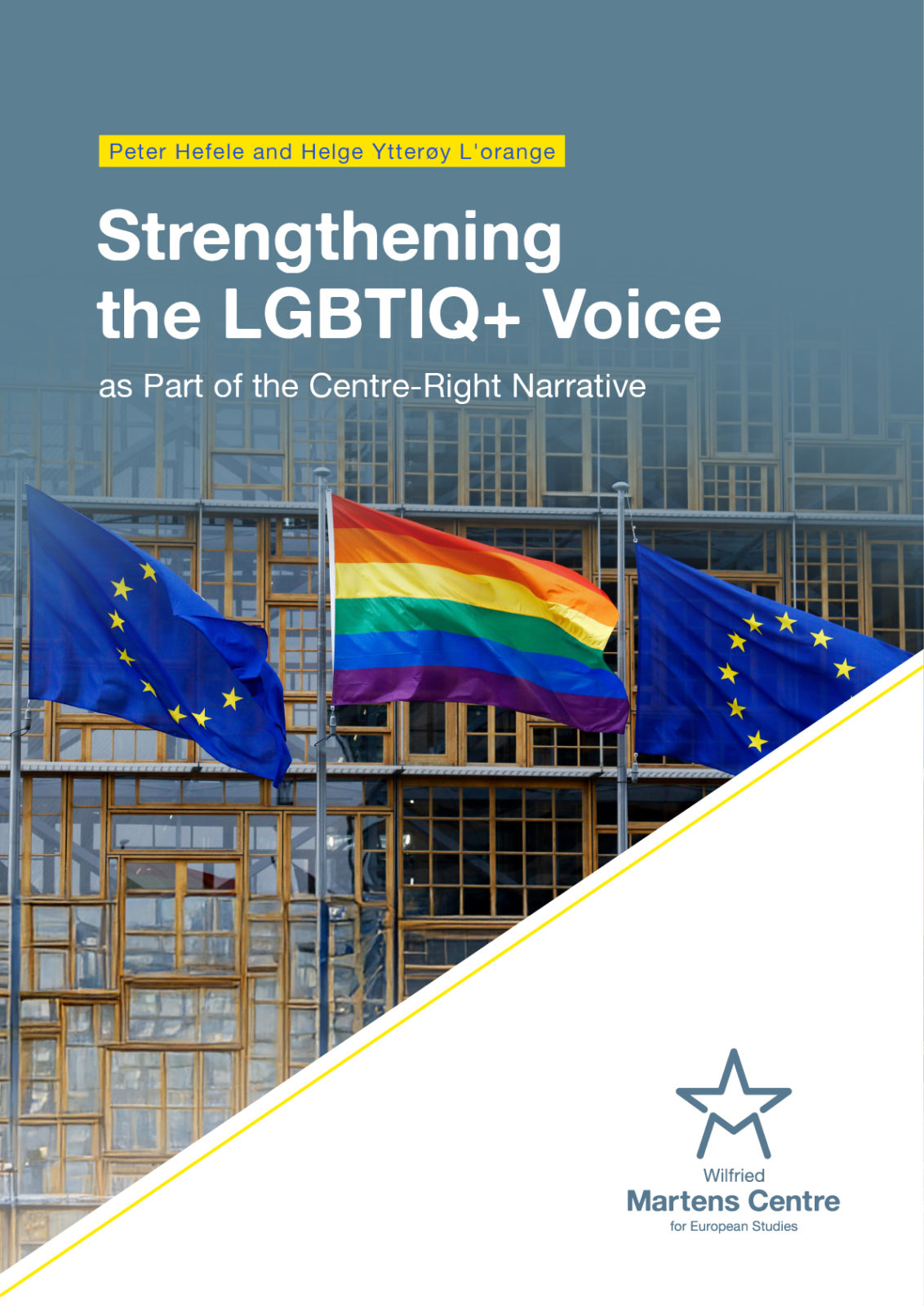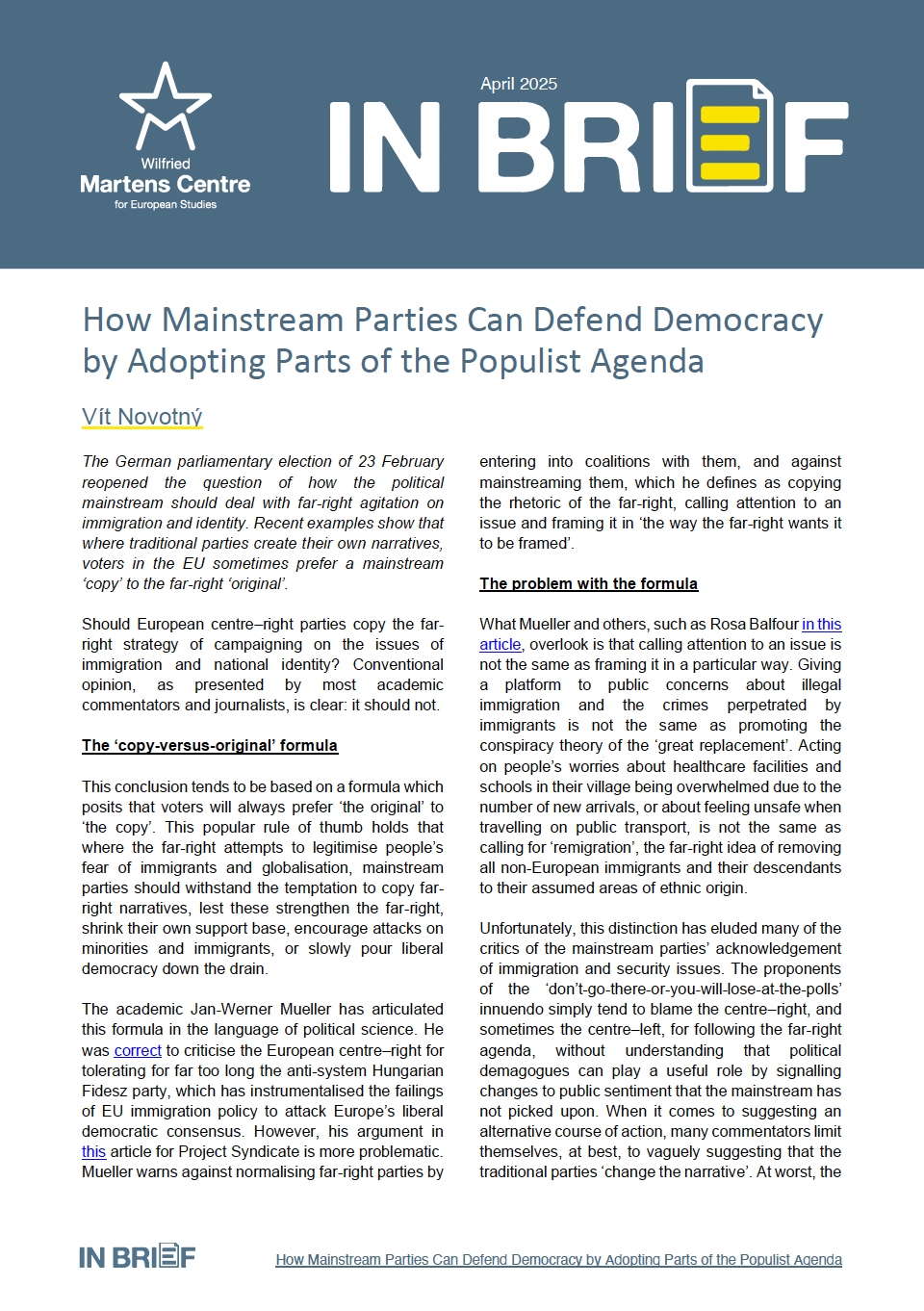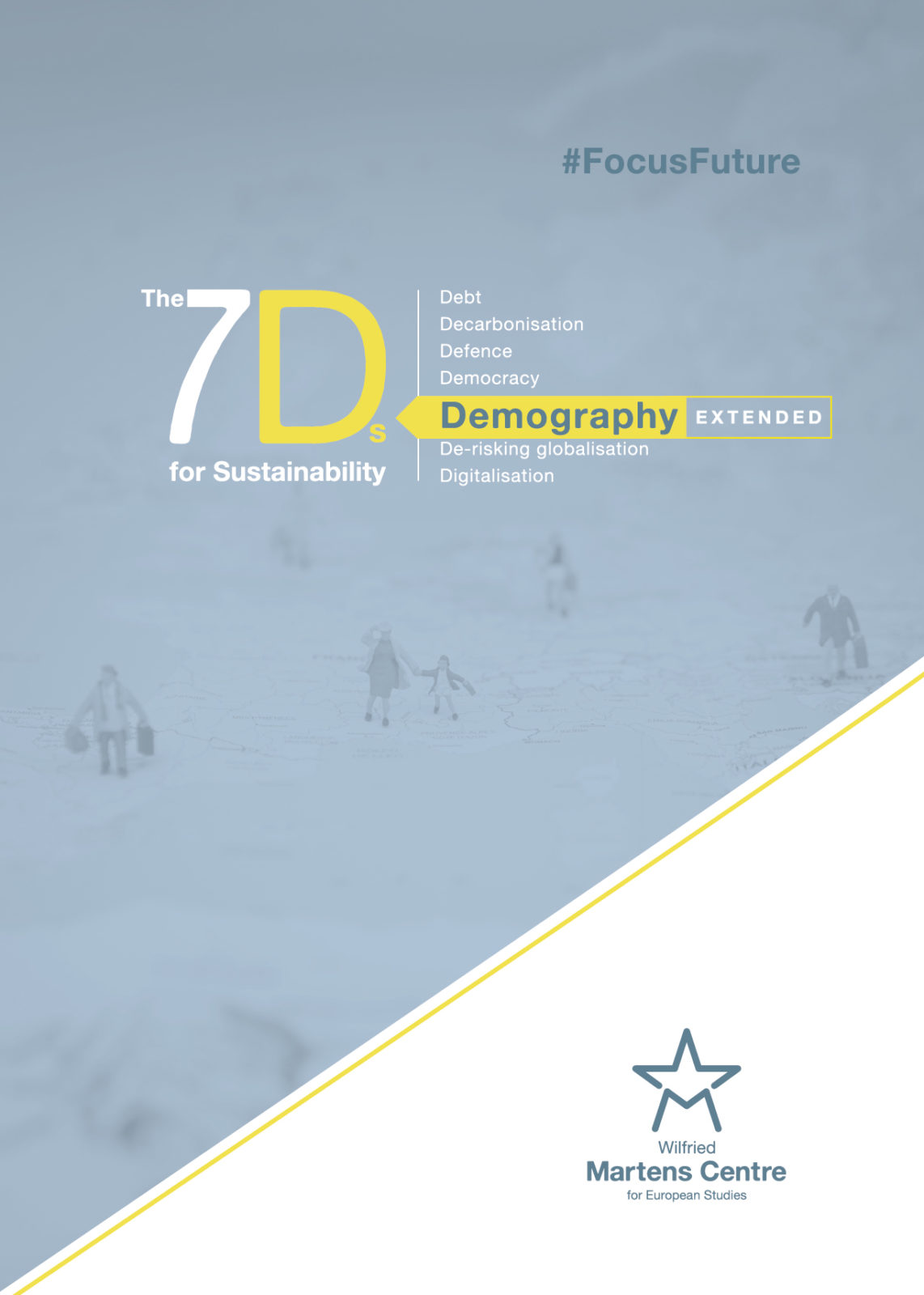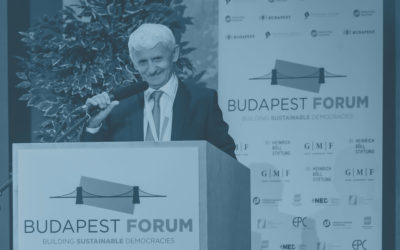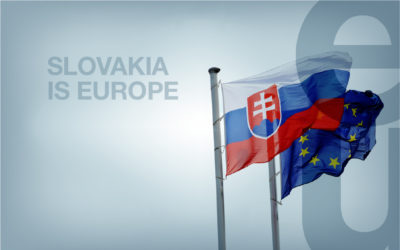Did Secularisation Kill God? Changes in Religiosity and Values Among Natives and Migrants in Europe
27 March 2024
This study provides an assessment of the disparities in secularisation between the migrant and native populations in the EU. Although religion is a force that continues to shape societal culture, secularisation—the progressive autonomisation of societal sectors from religious meaning and institutions—is gaining strength across the bloc.
The study, which relies on scholarly works and quantitative data from survey institutes, explores variations across different member countries and societal groups. It finds that north-western, mainly Protestant, EU countries are the most secularised, while eastern, mainly Orthodox, ones exhibit higher levels of religiosity and more conservative values. Overall across the EU, immigrant populations exhibit higher levels of religiosity and conservatism compared to native populations. Muslims prove more resistant than any other religious group to secularisation and acculturation processes, even across generations. Ukrainian nationals manifest a unique pattern of increased religiosity alongside increased acceptance of secular values.
The study advocates for policies that promote secularism and socio-cultural assimilation in order to foster societal cohesion while celebrating diversity. The centre–right in the EU should work towards a common framework of secularism, while respecting national differences. It should balance the legal and moral duties towards immigrants on the one hand, and the protection of state law and respect for individual rights on the other hand.
ENJOYING THIS CONTENT?


